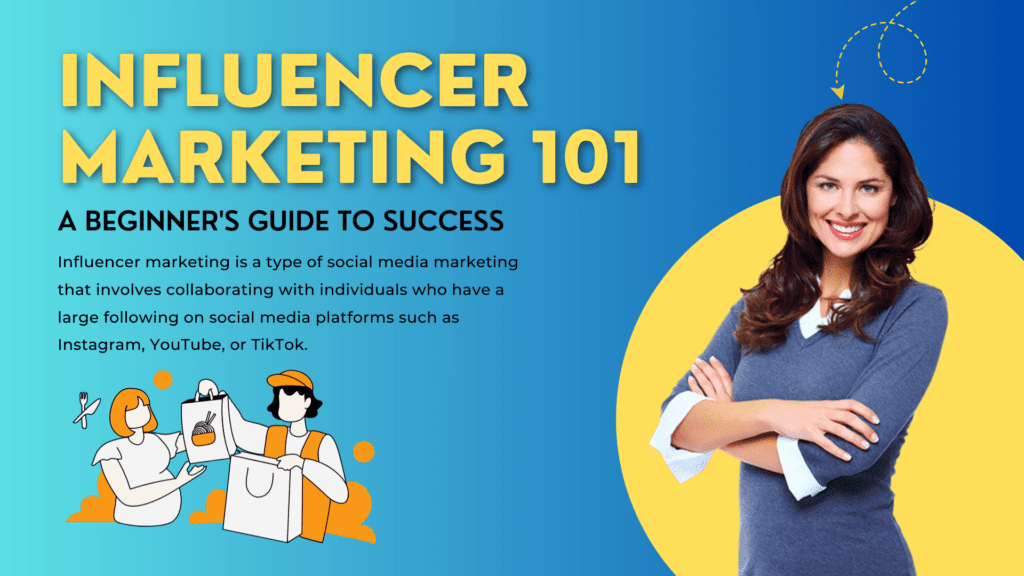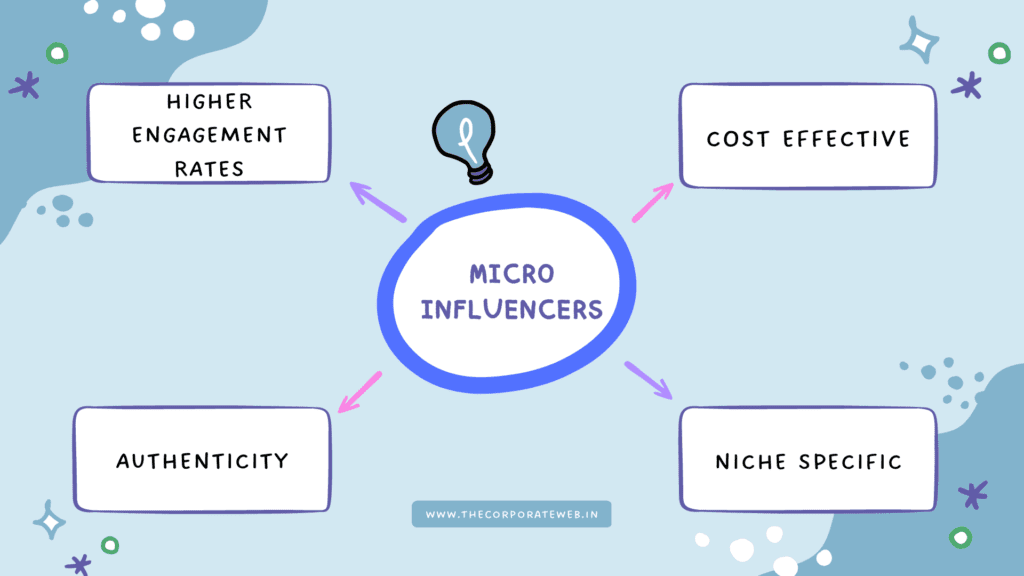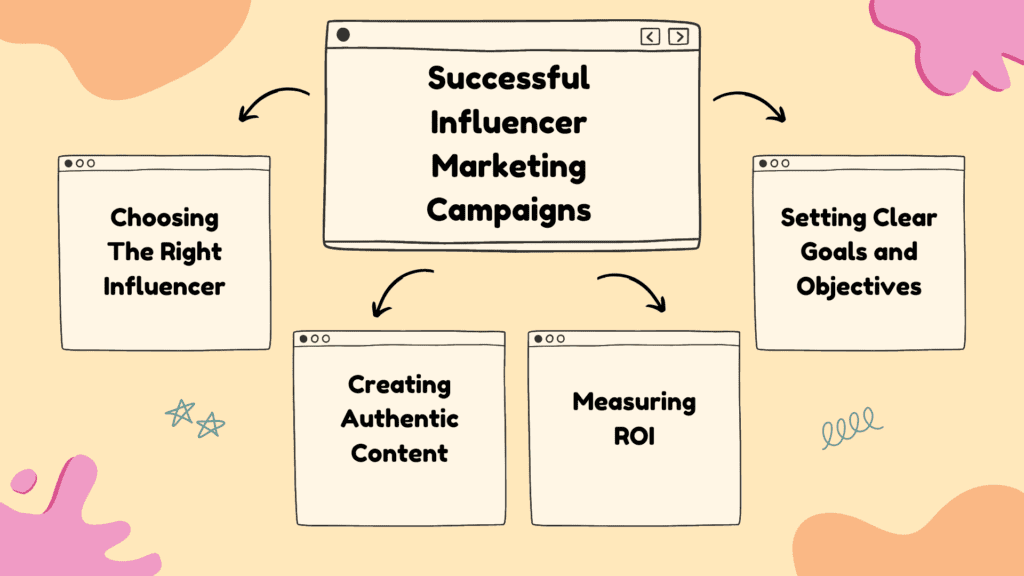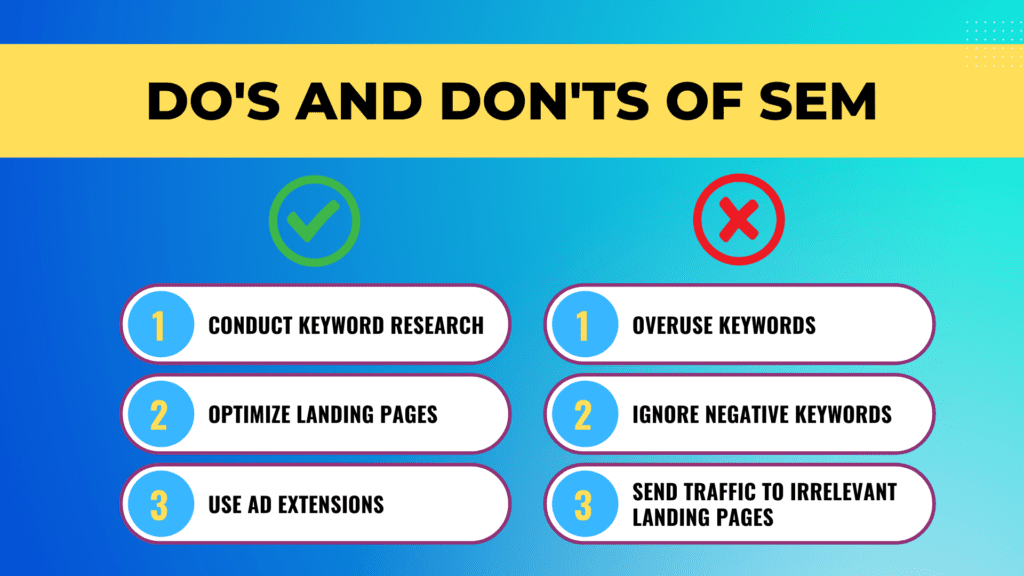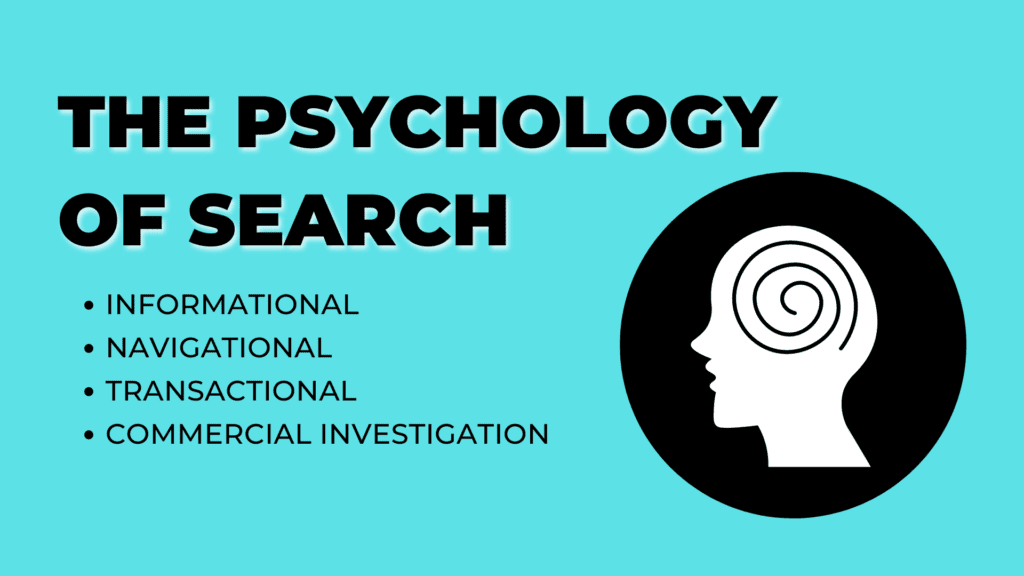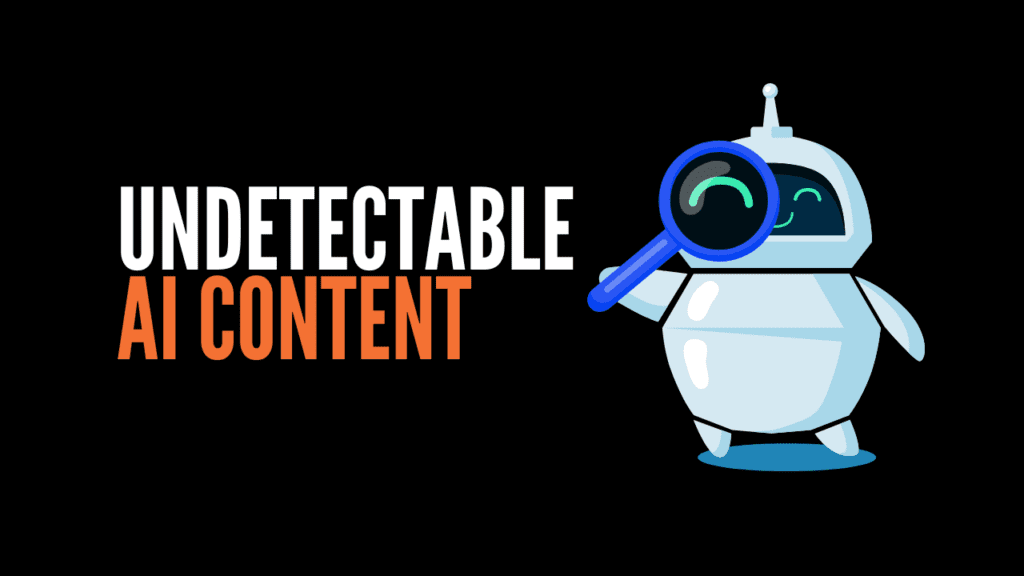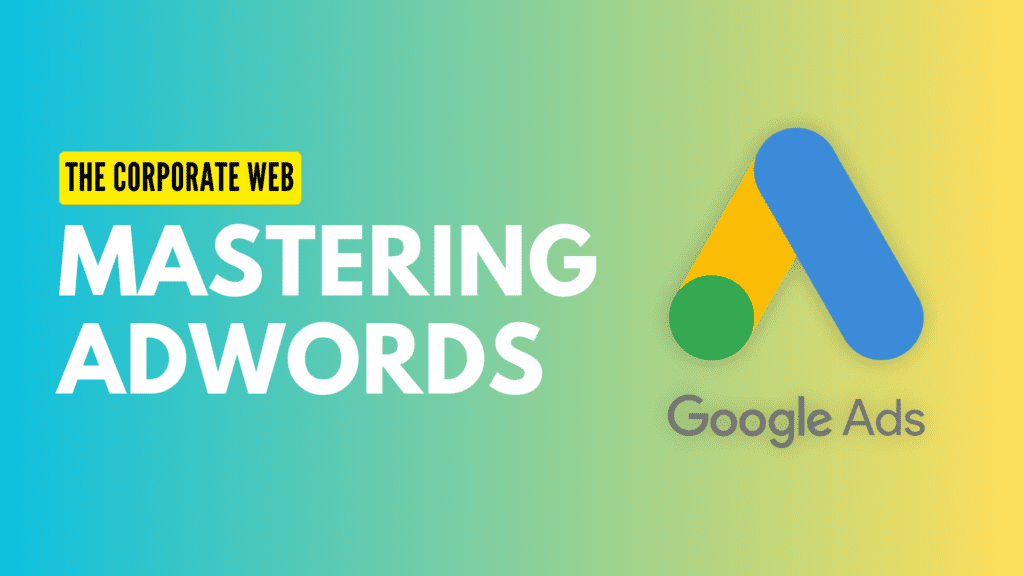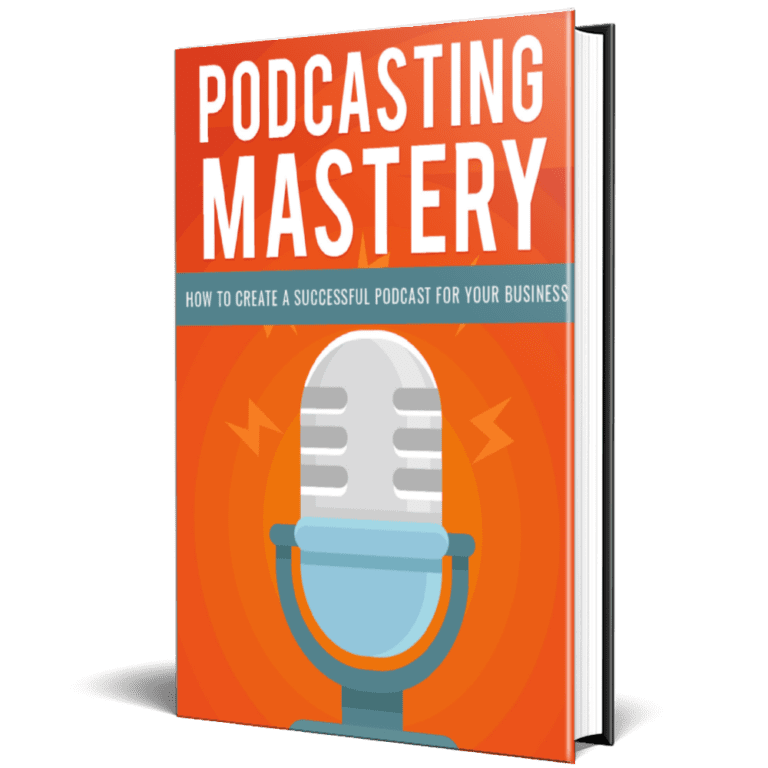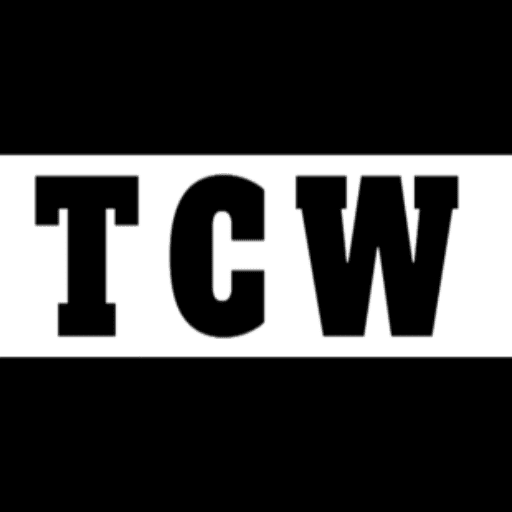Today, the financial world is filled with jargon that most people have never heard of. Even if you’re smart with money, and you’re reading this article, it’s likely that some of the jargon is new to you. Here are some of the most important terms used when it comes to money – Tips On Personal Finance
Personal finance is the process of taking control of your money and spending, saving, investing, and borrowing to make money work for you. There are ways to make money work for you, even if you don’t earn much or don’t have much saved up.
Here are 7 Tips On Personal Finance, so you can be smart with finances:
1. Make Adjustment To Your Current Budget
Budgets are not supposed to be rigid in nature or you have the same budget each month. They need to be constantly adjusted to meet your current financial situation.
2. Try A New Method Of Budgeting
If making some minor adjustments to your budget doesn’t make a difference, try out a new method of budgeting according to your situation or the one that suits you the most.
(A) A 50/20/30 Budget
(B) Cash Envelope System
3. Track Your Credit Score And Net Worth Religiously
Keeping an eye on your credit score allows you to see how lenders determine if you will be reliable for loans and financing if you ever decide to purchase a house.
Related Post: 8 Financial Tips for Young Adults
4. Cut Out Unnecessary Spending
It is important to treat yourself and budget for fun, entertainment, and eating out but excess spending in these areas is unproductive and will never allow you to build up your savings or pay off your debt.
5. Automate Your Savings
The easiest way to guarantee you will actually save money is to automate and forget it – just make sure your budget for it.
6. Get An Accountability Partner
An accountability partner can be absolutely anyone in your life who you can, to be honest with you. Who supports you, and helps you stick to your plan to be better with your finances.
7. Making Paying Off Debt A Priority
Carrying a mountain of debt is not only stressful but can be pretty detrimental to your overall financial health.
Conclusion: Do you want to be able to pay off debt as early as possible? If so, consider some of the following suggestions:
(A) Do not carry more debt than you can handle.
(B) Set up a payment plan that allows you to pay off the debt more quickly.
(C) Reduce or eliminate unnecessary expenses.
(D) Use the Debt Snowball Method (discussed below).
(E) Reduce or eliminate the smallest loan first.
(F) Put your most valuable asset (home or business) first.
(G) Set aside money to pay down debt
The Debt Snowball Method:
Set up a payment plan to pay off the smallest amount of debt first.
Pay each payment to your creditors on time, even if you can only pay a small amount of your payment. At the end of each month, take your next highest payment and use it to pay down the smallest debt. Use the leftover money to pay off the next highest payment. Continue this process until all of your debts are paid.
This process will force you to use your best available income to pay off the smallest amount of debt first. That means you will be using money that you could have been spending on something else. By paying off your smallest debts first, you will have more money to use to pay off your next highest debt.
Recent Post: 7 Skills To Learn This Year
“Wealth consists not in having great possessions, but in having few wants”
Epictetus

